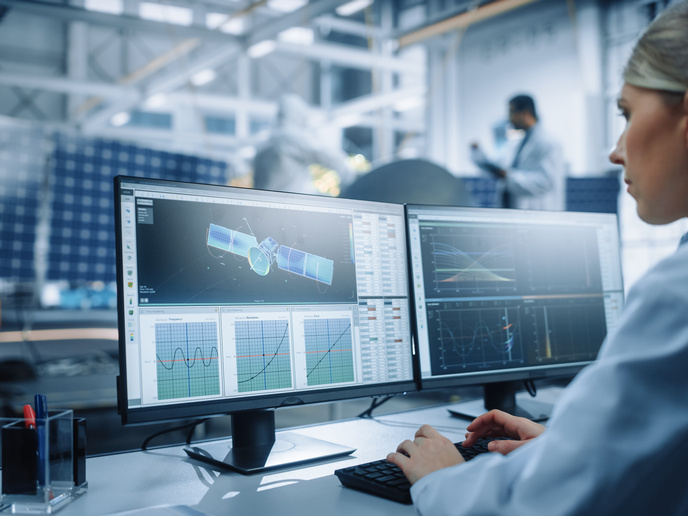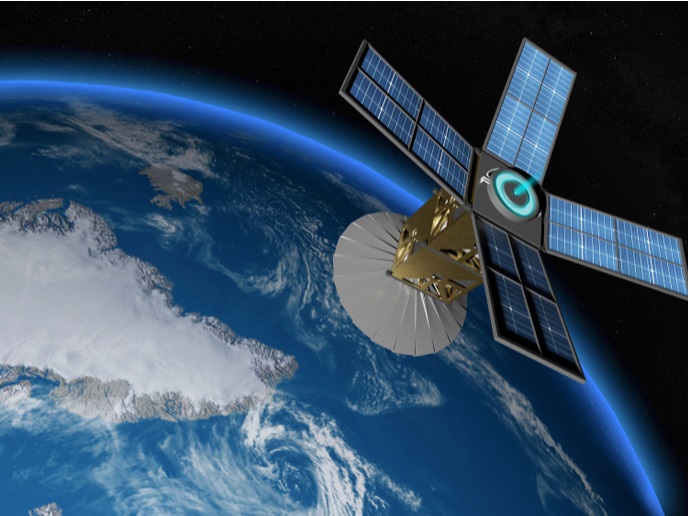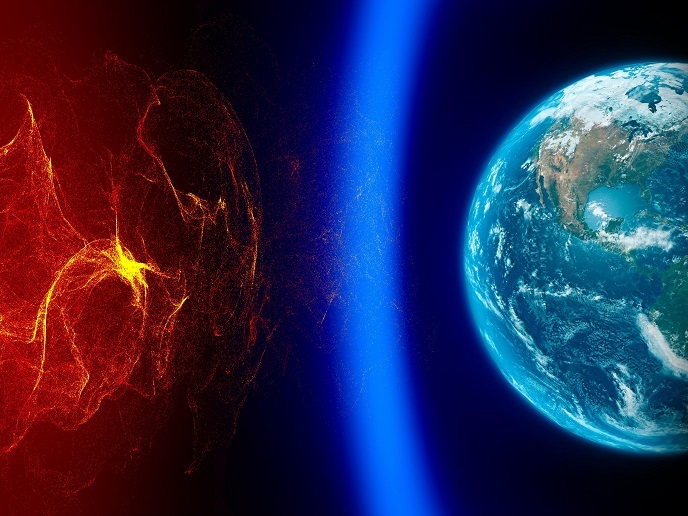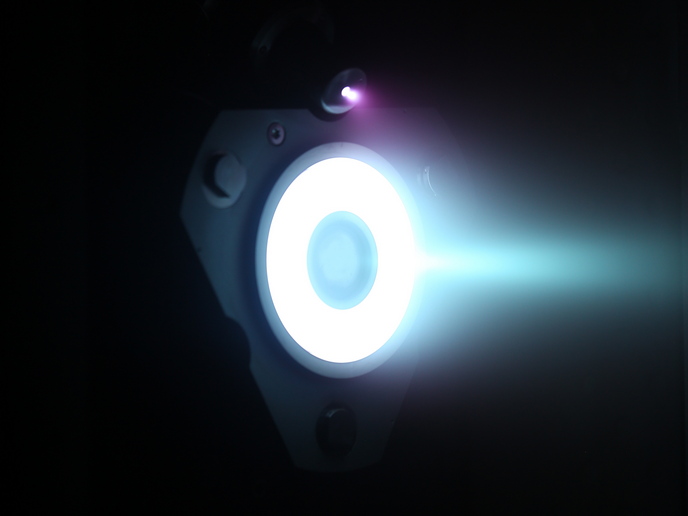Sharpening Europe’s cutting edge in space technology
The space sector is rapidly evolving into a commercial field that includes a range of global actors and private companies. New business opportunities are constantly being created, such as the trend towards mega-constellations of smaller satellites. The launcher market is well placed to take advantage of this transition. “The successful landing of Blue Origin’s New Shepard and SpaceX’s Falcon 9 ushered in a new age of reusable launch vehicles (RLVs),” explains ASCenSIon(opens in new window) project coordinator Christian Bach from TU Dresden(opens in new window) in Germany. “These achievements were made possible through the commercial sector. To make sure Europe doesn’t fall behind, we need a new generation of trained engineers, who understand the complexity of launcher development and can work on the latest innovations.”
Cutting-edge space research and training
To this end, the ASCenSIon project, supported by the Marie Skłodowska-Curie Actions(opens in new window) programme, set out to develop a novel training programme. The core objective was to promote a new class of space scientists capable of becoming future leaders in the European effort to utilise space. “The programme’s structure was arranged around the three most pressing research areas of launch vehicle design: sustainable and reusable main stages; advanced upper stages; and reliable re-entry,” adds Bach. “Underpinning all this was the need for new environmentally friendly propellants, increased space situational awareness and safer disposal of space objects.” A total of 15 doctoral candidates undertook this intensive training programme, which was reinforced by secondments to universities, companies and intergovernmental space authorities. These secondments enabled the candidates to put their research skills into practice. “Network-wide activities also allowed for the dissemination and transfer of knowledge,” says Bach. “The aim of this was also to open up career options across a range of scientific disciplines, industrial and academic sectors.”
Qualified PhDs in the field of space science
The training network produced 15 highly qualified PhDs. A huge amount of progress was achieved in the development of hybrid rocket engines, eco-designed reusable launchers and reusable liquid rocket engines, to name but a few innovations. “At this point, five of the researchers have successfully defended their PhD studies,” adds Bach. “The others will follow over the coming months.” Several have already entered the field, working in ministries, space agencies or as postdoctoral researchers at different universities. “For example, a former ‘ascensionist’ is now working at the Responsive Space Cluster Competence Centre at the German space agency DLR(opens in new window),” says Bach. “He is coordinating the Responsive European Architecture for Space(opens in new window) (REACTS) project, which has received nearly EUR 20 million in EU funding.”
Environmentally friendly utilisation of space
The technical innovations and scientific discoveries made through the ASCenSIon project will be further developed, both in the participating institutions and in industry. This will eventually lead to novel products and applications for the efficient and environmentally friendly utilisation of space. “The main target application of ASCenSIon was RLVs,” explains Bach. “Today’s launchers are expendable, i.e. they are scrapped after a single flight. This is obviously neither cost-efficient nor environmentally friendly. Our hope is that the work achieved through this project will contribute to the first European RLV.” Other potential space applications include orbital transfer vehicles, landing vehicles, interplanetary probes and cargo capsules. “Our 15 PhDs will also hopefully train, inspire and mentor future generations of students, who will continue to foster European space innovations,” notes Bach.







